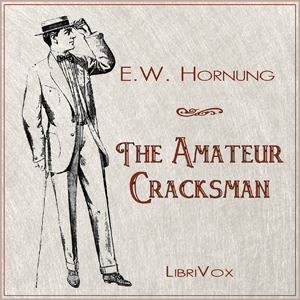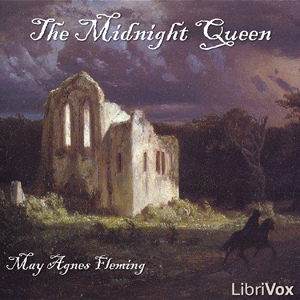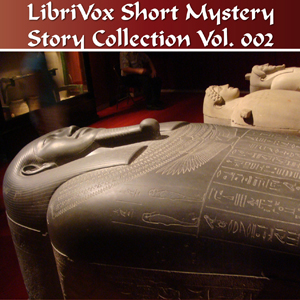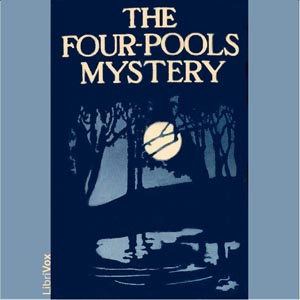- Chapter 1 - Philo Vance at Home
- Chapter 2 - At the Scene of the Crime
- Chapter 3 - A Lady's Hand-bag
- Chapter 4 - The Housekeeper's Story
- Chapter 5 – Gathering Information
- Chapter 6 – Vance Offers an Opinion
- Chapter 7 – Reports an Interview
- Chapter 8 – Vance Accepts a Challenge
- Chapter 9 – The Height of the Murderer
- Chapter 10 – Eliminating a Suspect
- Chapter 11 – A Motive and a Threat
- Chapter 12 – The Owner of a Colt-.45
- Chapter 13 – The Grey Cadillac
- Chapter 14 – Links in the Chain
- Chapter 15 – Pfyfe – Personal
- Chapter 16 – Admissions and Suppressions
- Chapter 17 – The Forged Check
- Chapter 18 – A Confession
- Chapter 19 – Vance Cross-Examines
- Chapter 20 – A Lady Explains
- Chapter 21 – Sartorial Revelations
- Chapter 22 – Vance Outlines a Theory
- Chapter 23 – Checking an Alibi
- Chapter 24 – The Arrest
- Chapter 25 – Vance Explains His Methods
The Benson Murder Case – A Philo Vance Story is the first of a series of twelve popular mysteries set in New York during the Jazz Age. S. S. Van Dine is the nom de plume of prominent art critic, and member of New York’s avant-garde, W. H. Wright. He rapidly became one of the country’s best-selling authors and the series remained immensely popular for decades, as Philo Vance was featured in dozens of movies, plays and radio shows.
Van Dine’s novels marked a sharp departure from earlier detective fiction. To begin with, the hero represents the antithesis of the familiar hard-boiled detective. He is an eccentric and volatile loner; a highly erudite aesthete; a debonair bon vivant; a fop. Indeed, Van Dine even flirts with his hero’s sexuality where, for instance, a friend tells Vance: “I trust you won’t wear your green carnation,” – then the symbol of homosexuality. Moreover, Philo Vance approaches crime from a totally new standpoint, more or less ignoring the sorts of evidence and inference generally used to solve mysteries. His perspective is primarily psychological. Thus, he tells his friend Van: “The truth can be learned only by an analysis of the psychological factors of a crime, and an application of them to the individual. The only real clues are psychological—not material.” (The author casts himself in the role of the narrator, “Van,” Vance’s old college friend, now his lawyer, advisor and general agent.)
Within minutes of viewing the scene of the crime, Vance throws out veiled hints and innuendos that he knows who murdered Alvin Benson. D. A. John Markham good-humoredly ignores these intimations and soon finds there is enough evidence to make an arrest, when Vance convinces him that his suspect could not possibly be guilty. After developing a strong evidential case against someone else, Vance proves that this second suspect, too, must be innocent. And so, it goes with several more suspects. In the end Vance identifies, and explains how his reasoning immediately pointed to, the actual murderer. (Summary by Kirsten Wever)
Van Dine’s novels marked a sharp departure from earlier detective fiction. To begin with, the hero represents the antithesis of the familiar hard-boiled detective. He is an eccentric and volatile loner; a highly erudite aesthete; a debonair bon vivant; a fop. Indeed, Van Dine even flirts with his hero’s sexuality where, for instance, a friend tells Vance: “I trust you won’t wear your green carnation,” – then the symbol of homosexuality. Moreover, Philo Vance approaches crime from a totally new standpoint, more or less ignoring the sorts of evidence and inference generally used to solve mysteries. His perspective is primarily psychological. Thus, he tells his friend Van: “The truth can be learned only by an analysis of the psychological factors of a crime, and an application of them to the individual. The only real clues are psychological—not material.” (The author casts himself in the role of the narrator, “Van,” Vance’s old college friend, now his lawyer, advisor and general agent.)
Within minutes of viewing the scene of the crime, Vance throws out veiled hints and innuendos that he knows who murdered Alvin Benson. D. A. John Markham good-humoredly ignores these intimations and soon finds there is enough evidence to make an arrest, when Vance convinces him that his suspect could not possibly be guilty. After developing a strong evidential case against someone else, Vance proves that this second suspect, too, must be innocent. And so, it goes with several more suspects. In the end Vance identifies, and explains how his reasoning immediately pointed to, the actual murderer. (Summary by Kirsten Wever)
There are no reviews for this eBook.
There are no comments for this eBook.
You must log in to post a comment.
Log in











